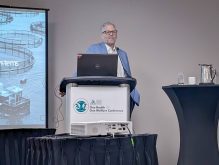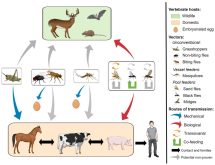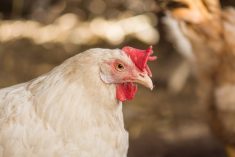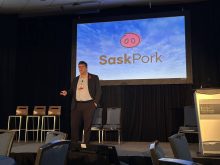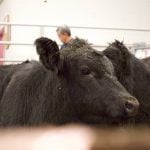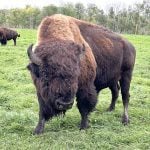The Canadian arm of Swiss food processing giant Nestle has promised to shift its egg supply to “cage-free” sources by 2025.
Nestle Canada, whose products using eggs include some of its Lean Cuisine meals and Real Dairy desserts, said Wednesday it was “dedicated to working with Canadian farmers to make this transition.” The Canadian business buys about 500,000 eggs per year.
The company said its move in Canada is part of its “global commitment on farm animal welfare,” working in concert with World Animal Protection, a global animal welfare organization, and inspection firm SGS to “assess its suppliers against these commitments.”
Read Also
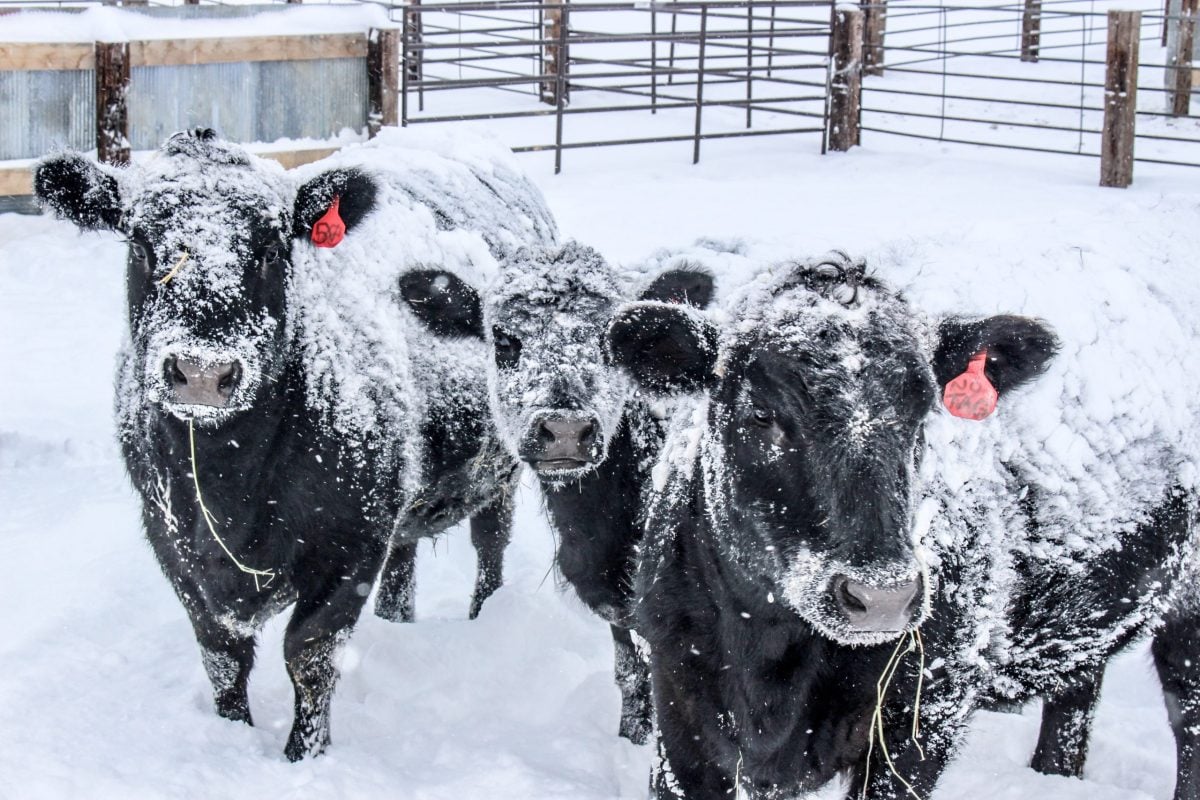
U.S. livestock: Cattle rise, lean hogs mixed
Chicago lean hog futures ended Tuesday mixed while cattle made gains. Most-active February lean hog contracts closed down 0.475 cents…
The company’s animal welfare commitment plan, launched in 2012, is meant to cut out “specific farming practices” from the company’s supply chain, such as veal crates, tail docking for cattle and pigs and gestation crates for pigs.
Josey Kitson, executive director for World Animal Protection Canada, said in Nestle’s release that the company’s latest pledge “will have a huge positive impact on the lives of hundreds of thousands of hens.”
Cage systems for laying hens have previously been credited with helping to reduce disease outbreaks by separating the birds from their litter, improving air quality in barns and hindering behaviours such as feather pecking and cannibalism.
Animal welfare advocates contend that battery cage systems prevent birds’ normal nesting, foraging and dust-bathing behaviour and exercise.
Several jurisdictions have legislated phase-outs for battery cages. Manitoba Egg Farmers in 2013 announced a ban on new conventional cage systems beyond 2014. In February this year, Egg Farmers of Canada announced its members would move entirely to “enriched” housing, free-run, aviary or free-range housing by 2036.
“Unlike conventional barns, cage-free systems allow hens to move around freely, perch and lay their eggs in a nest box,” Kitson said in Nestle’s release. “We applaud Nestle Canada’s commitment to hens today and their ongoing efforts to give other farm animals better lives as well.”
Krista Hiddema, Canadian vice-president for another animal welfare group, Mercy For Animals, said Saturday the company’s new policy “will significantly improve the welfare of millions of egg-laying hens here in Canada.”
Mercy For Animals also said Nestle’s move was “the result of productive discussions” with its own representatives.
Noting many other food companies and restaurant chains have already made similar commitments, Hiddema also urged the National Farm Animal Care Council, the Canadian body drafting codes of practice for farmed animal care, to make sure the upcoming final version of its Code of Practice for layers calls for “only cage-free housing.”
About 90 per cent of egg production in Canada is now in conventional housing, EFC said previously, while about 10 per cent is in enriched housing, free-run, aviary or free-range formats.
EFC said its plan calls for a shift to about a 50-50 mix in eight years, moving to about 85 per cent alternative over conventional in 15 years.
Nestle, whose Canadian operations include over 20 plants, distribution and sales sites, said Wednesday it’s also developing “pilot projects” with its suppliers and with World Animal Protection to “establish a roadmap for sourcing cage-free eggs in Europe and the rest of the world.” — AGCanada.com Network



